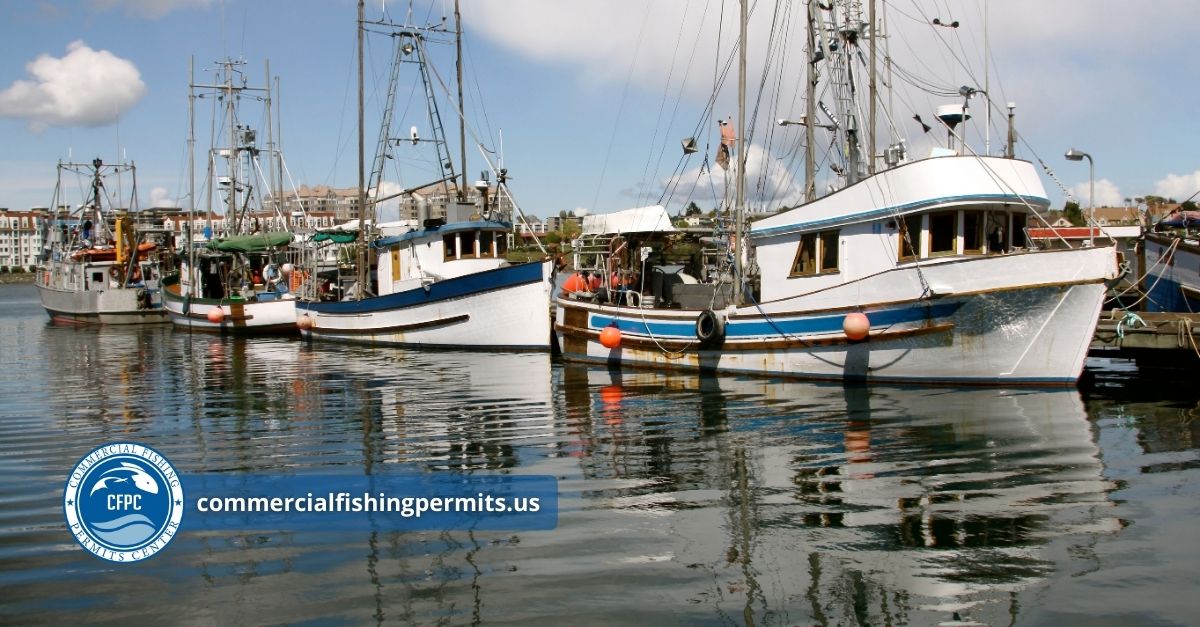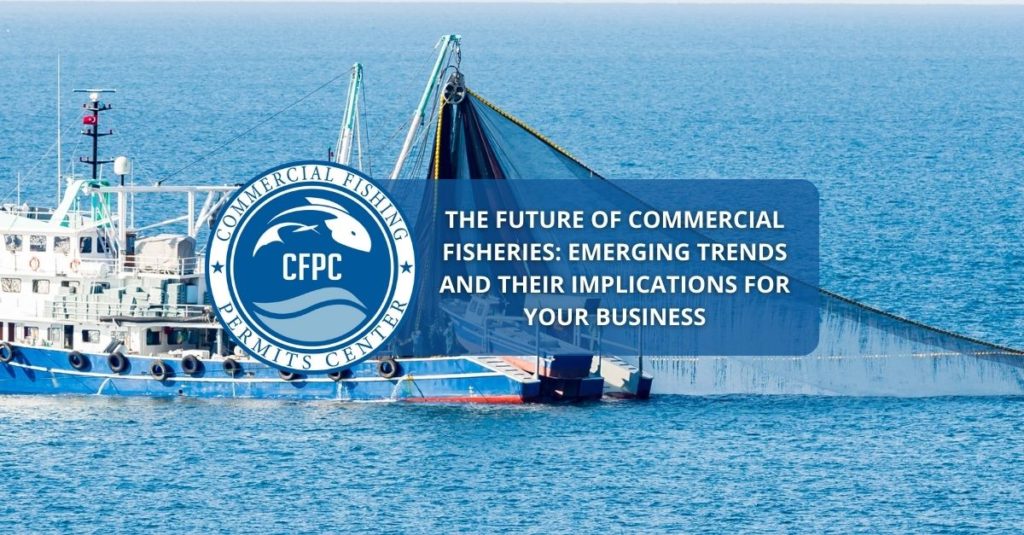As technology and global economies continue to evolve, so too must the commercial fishing industry adapt. If you’re a fisherman or a fishing business, keeping up with the latest trends and challenges in the industry is essential. In this blog post, we’ll discuss some emerging trends in commercial fisheries that you need to be aware of, and what they mean for the future of your business. Whether you’re a small fishing operation or a large-scale commercial company, understanding these trends can help you stay ahead of the curve and succeed in a rapidly changing industry.
Sustainable Fishing Practices are Becoming the Norm
One major trend we’re seeing in the commercial fishing industry is a growing focus on sustainability. With consumers increasingly concerned about the environmental impact of their food choices, more and more seafood businesses are adopting sustainable practices in order to meet demand. This means using fishing techniques that are less destructive to marine ecosystems, and ensuring that fish populations are not overfished. If your business isn’t already focused on sustainability, it’s important to start now in order to stay competitive and appeal to environmentally-conscious consumers.
Technology is Changing the Game
Advancements in technology are revolutionizing the way commercial fishing operates. From GPS technology to underwater drones and sophisticated sensors, these tools are making fishing operations more efficient, environmentally friendly, and ultimately more profitable. Additionally, data analytics software is being used to gather, analyze, and interpret vast amounts of fishing data, allowing for smarter decision-making that optimize efficiency. Businesses unwilling to adopt these technological solutions risk falling behind competitors.
E-commerce is Disrupting Seafood Sales
Another emerging trend is the growth of e-commerce in seafood sales. Online retailers are increasingly offering seafood products to consumers, reducing the need for middlemen and cutting out traditional sales models. This shift towards online transactions and e-commerce has been further reinforced by the COVID-19 pandemic which has accelerated the demand for online seafood purchase. Seafood businesses need to adapt to this trend, by developing strong online presences, as well as by providing more information regarding the sustainable and ethical sourcing of their products.
Regulations are Becoming More Stringent
Regulations are becoming more stringent around the world. Governments are increasingly recognizing the need to protect marine ecosystems and safeguard the sustainability of fish populations, and fishing companies are feeling the implications of this. Regulations often create more complexity and costs which have an impact on margins. Everyone in the fishing industry must be aware of current regulations affecting commercial fisheries and any industry policies to stay in compliance.
Consumer Trends are Evolving
Minding consumer trends is the last topic to discuss. Understanding consumer behavior is vital for maximizing sales and meeting demand. Shifting consumer preferences are also driving change in fishers’ immediate markets. As consumers increasingly demand transparent practices and sustainability, they influence the type of fish consumer is willing to buy. Value-added products such as frozen seafood, sushi, and fillets packed for the meal solution are a few examples of changes in consumer behavior.

Commercial Fisheries
The commercial fishing industry is facing a raft of emerging trends that promise to alter it beyond recognition. As this post has detailed: sustainability, technology, regulation, e-commerce, and customer trends are evolving and being adopted industry-wide. Therefore, businesses, regardless of their size, need to be constantly adapting to thrive in a rapidly evolving industry. By understanding these trends and their potential impacts, businesses can take steps to prepare for and continue to succeed in the fast-changing commercial fishing industry. Contact us to assist you.


No Comments
Be the first to start a conversation